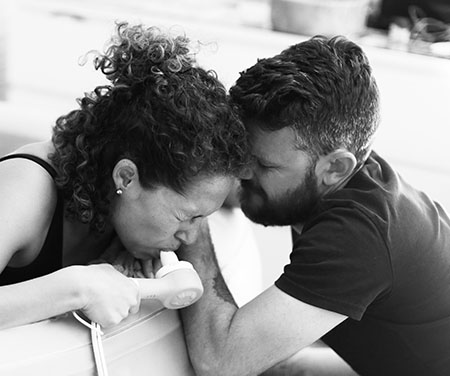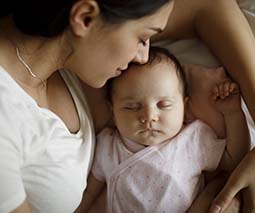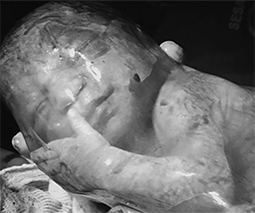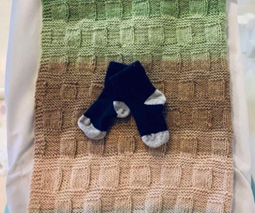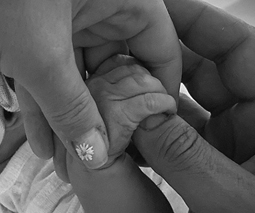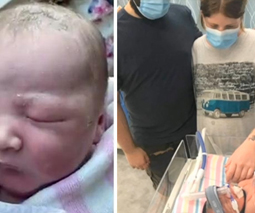Study reveals antibiotics after birth drastically cuts rate of infection
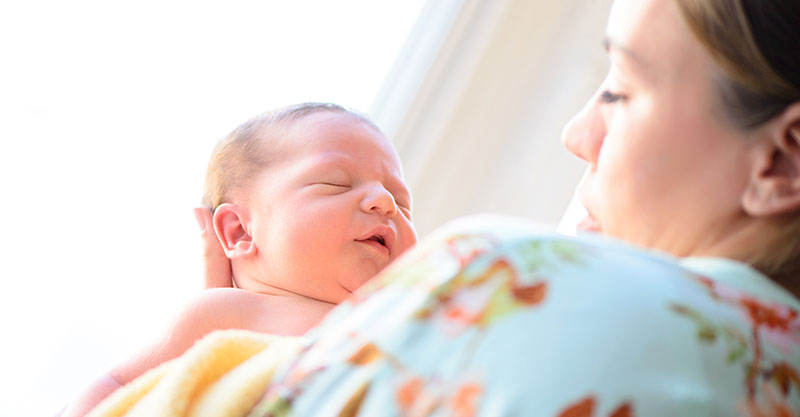
Maternal infections are still an issue after giving birth, however, researchers at Oxford University are giving women hope.
- Suffering in silence: Why we need to talk about birth injuries and birth trauma
- 5 ways to work towards an empowering birth experience
- The serious risks of pre-eclampsia after birth that mums need to be aware of
Things don’t always go to plan
That moment of finally giving birth and meeting your newborn child is incredible and all-consuming, with so much going on for both baby and mother alike. Unfortunately, things don’t always go to plan and developing an infection at this time is not uncommon.
According to Professor Marian Knight of Oxford University, pregnancy-associated infection is a major cause of death and serious illness. However, a recent study at Oxford University, led by Knight, has discovered that there could be a way of reducing the rate of maternal infections through the use of antibiotics after birth. “Almost one in five women develop an infection after assisted vaginal delivery and our results show that this could be reduced by almost half by a single dose of prophylactic antibiotic,” says Marian.
The research, which was published in the Lancet medical journal, reports that sepsis causes 11 percent of deaths globally while in 2016, approximately 19,500 women died from pregnancy-related infections.
“Urgent need to change current WHO antibiotic guidelines”
The study was based on a clinical trial, carried out in 27 hospital obstetric units in the UK, with women divided into two groups. One group of 1715 women were given a dose of intravenous amoxicillin and clavulanic acid within six hours of giving birth. The other group of 1705 women were given a placebo. Researchers followed up each woman to see whether or not they had developed an infection in the first six weeks after giving birth.
It was found that the women who received the antibiotics after birth were significantly less likely to have a confirmed or suspected maternal infection compared those who received the placebo. In fact, for the women receiving the antibiotics, there was a 56 percent reduction in the risk of confirmed infection compared to the women in the placebo group.
Marian says, “These findings highlight the urgent need to change current WHO antibiotic guidelines and other guidance from organisations in the UK, North America, and Australasia, that do not recommend routine antibiotic prophylaxis for assisted childbirth.”
